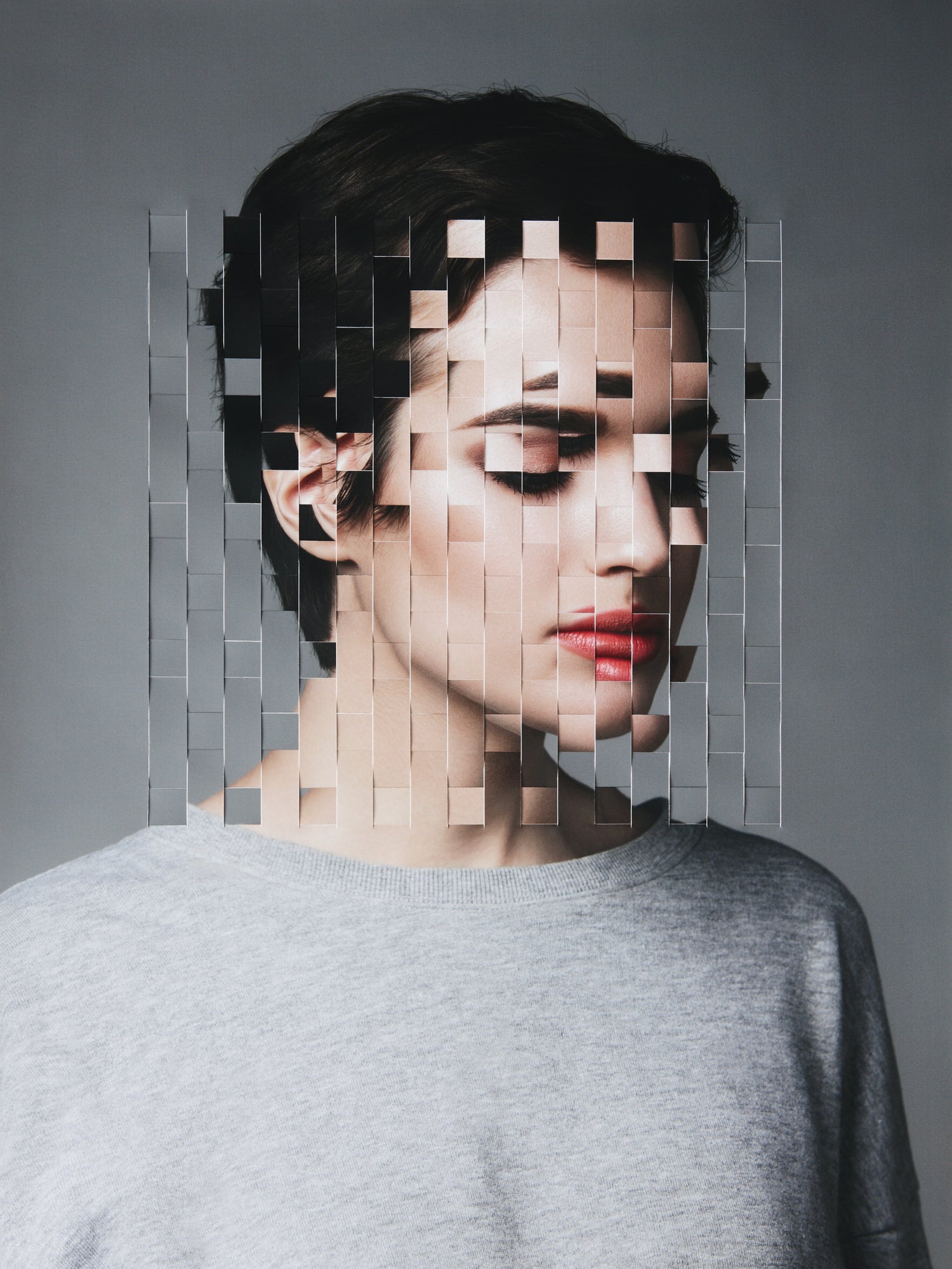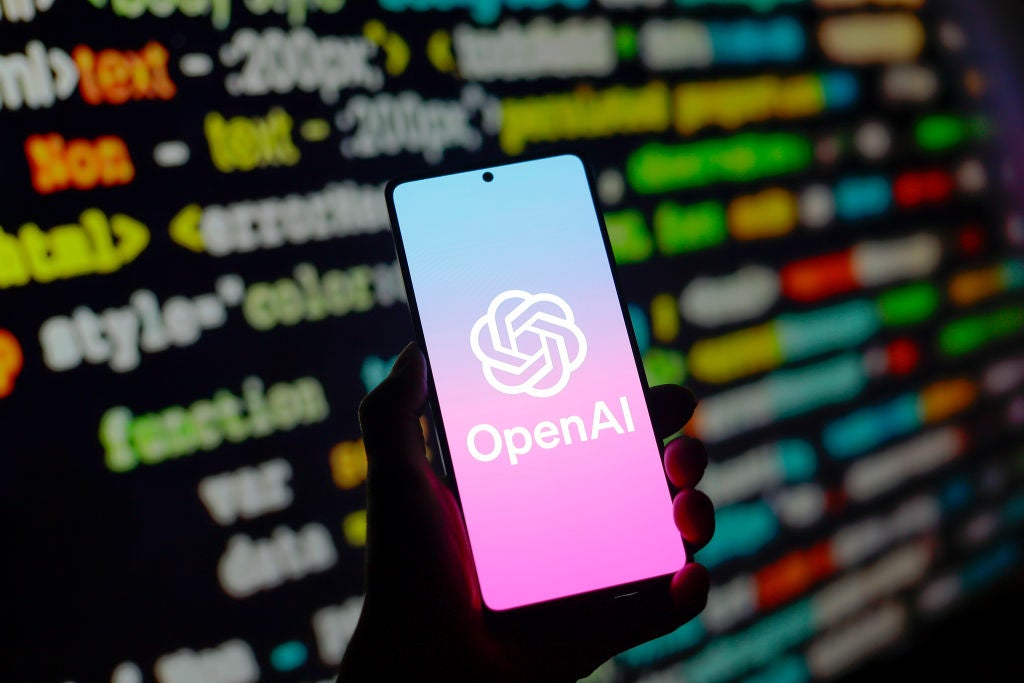
Popular artificial intelligence (AI) generator Dall-E 2 is now allowing its users to upload and edit faces with its text-to-image AI technology – after previously banning them due to fears of misuse.
The controversial move comes as competition in the AI generator space continues to ramp up, with services like Midjourney and Stable Diffusion offering fewer restrictions on its users.
Up until this point, OpenAI has been taking a cautious route with realistic human faces – most likely to dodge any users creating deepfaked pornographic images, which have been a sad staple on other alternatives, including Stable Diffusion.
AI art is on the rise in the mainstream. From TikTok hosting their own Dall-E copycat to a piece of AI art beating a bunch of real artists in a competition, the market is growing quickly.
However, as cybersecurity and misinformation continue to be a hot topic in the public consciousness, Dall-E 2’s new feature is being watched warily.
OpenAI said the decision came after improvements to their safety system and the discovery of a number of use cases for the uploading of faces into their generator.
How well do you really know your competitors?
Access the most comprehensive Company Profiles on the market, powered by GlobalData. Save hours of research. Gain competitive edge.

Thank you!
Your download email will arrive shortly
Not ready to buy yet? Download a free sample
We are confident about the unique quality of our Company Profiles. However, we want you to make the most beneficial decision for your business, so we offer a free sample that you can download by submitting the below form
By GlobalData“Many of you have told us that you miss using DALL-E to dream up outfits and hairstyles on yourselves and edit the backgrounds of family photos,” it said in an open letter to their users, “a reconstructive surgeon told us that he’d been using DALL-E to help his patients visualize results.”
It added that filmmakers have been wanting to use the AI technology to “edit images of scenes with people to help speed up their creative processes.”
“With improvements in our safety system, DALL-E is now ready to support these delightful and important use cases — while minimizing the potential of harm from deepfakes.”
The new feature comes with a caveat – the AI generator forbids all users from uploading images of people without their consent. Though right now it isn’t clear how they hope to enforce that rule.
Evgen Verzun, cybersecurity expert and founder of Kaizen.Finance, cross-chain token lifecycle management platform, told Verdict: “According to the company’s terms of service, users are not permitted to post images of other people without their permission; however, given the company’s current access approach, this will be difficult to manage.
“We know that it was feasible to discover methods past the prior limitation. As a result, we may witness unfavourable use-cases in the future.”
GlobalData is the parent company of Verdict and its sister publications.







